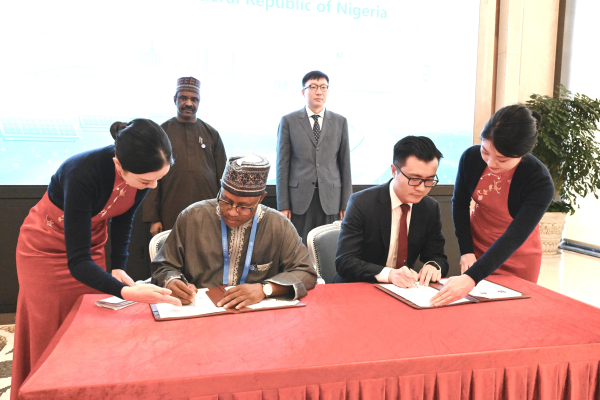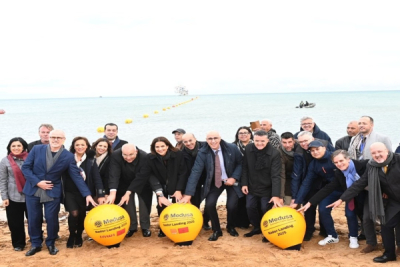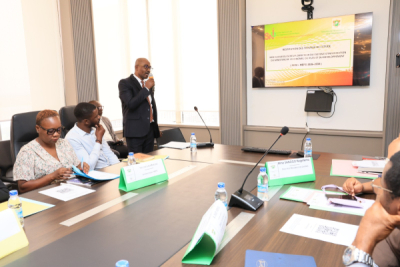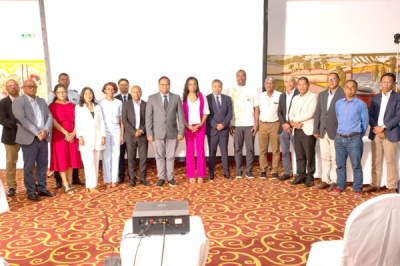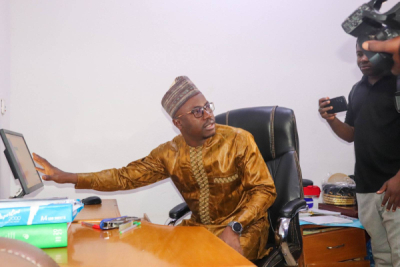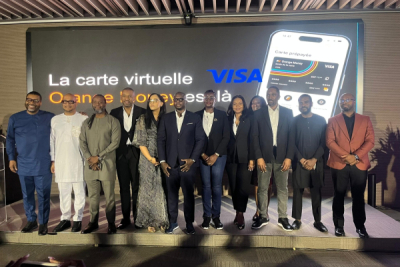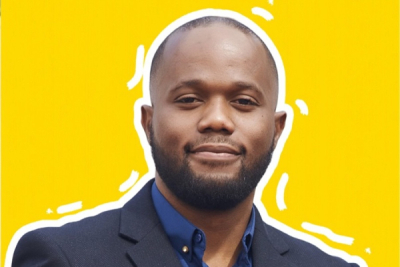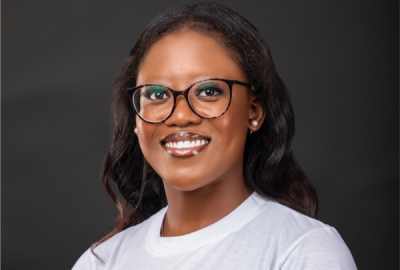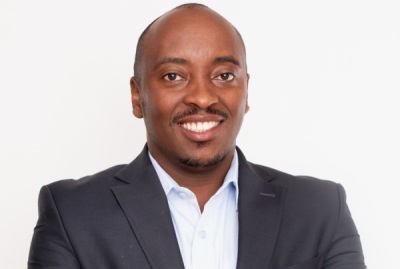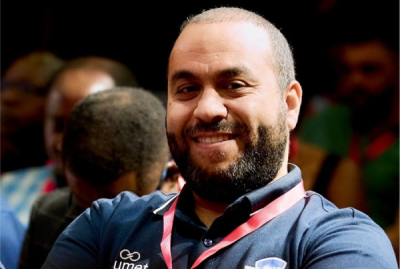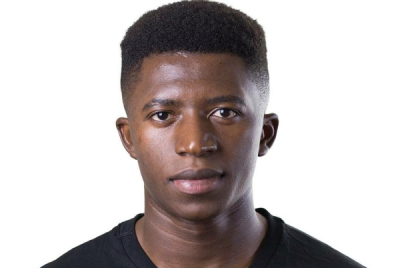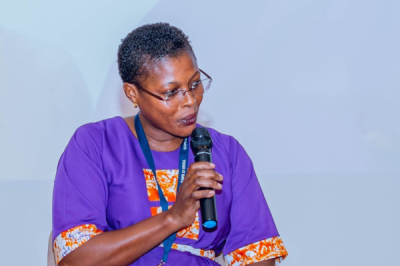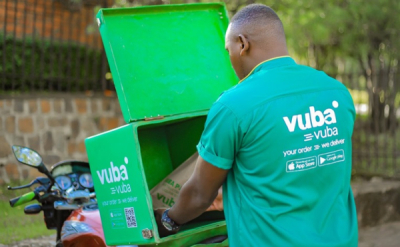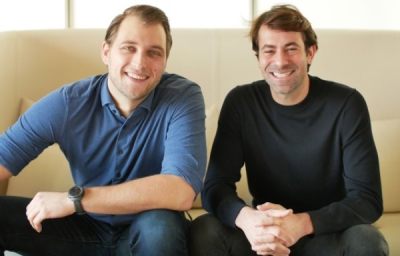Africa's cities are facing rapid population growth. Providing millions of people with an adequate living environment requires more targeted investment. The integration of ICTs into urban policies should no longer be overlooked.
Kaduna State Governor Uba Sani and Chris Lu, the CEO of Huawei Technologies Nigeria Limited, have signed a Memorandum of Understanding (MoU) for the Kaduna State Smart City Project. The ceremony which took place at Huawei’s office in Beijing, yesterday September 2, was attended by Nigeria’s President, H.E. Bola Ahmed Tinubu.
Governor Uba Sani explains that“ this project holds the key to a more secure and prosperous Kaduna State.” It will focus on several key areas, including the establishment of a State-Level Unified Command Center, which will centralize and improve security operations. It will also introduce advanced Intelligent Traffic Management systems to optimize transportation within the state. E-Government and Office Automation will streamline administrative processes, while Smart Education and Healthcare initiatives aim to elevate public services.
Additionally, the project will promote ICT Talent Development and integrate Renewable Energy solutions to support sustainable development. Public Transportation will also be enhanced through advanced technology. To ensure the project's success, Kaduna State and Huawei will establish a joint committee to finalize the implementation plan, funding arrangement, and technology deployment.
The UN Department of Economic and Social Affairs (DESA) reports that Nigeria is experiencing rapid urbanization, with more than half of its 213 million population now residing in urban areas. Currently, 53% of Nigerians live in cities, and this figure is expected to exceed 70% by 2050, presenting various challenges. Smart cities could provide effective solutions for managing this urban growth by optimizing resources and services.
Hikmatu Bilali


